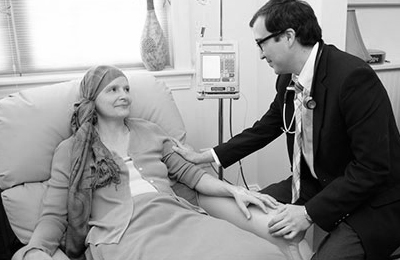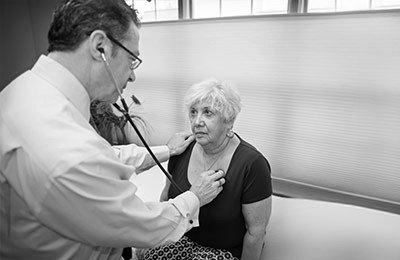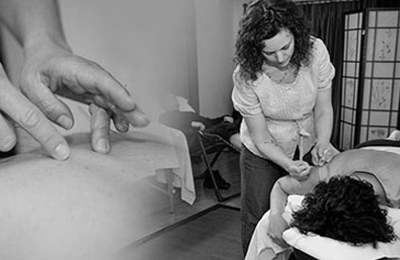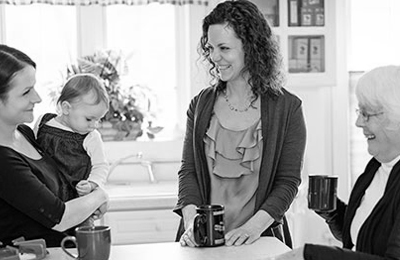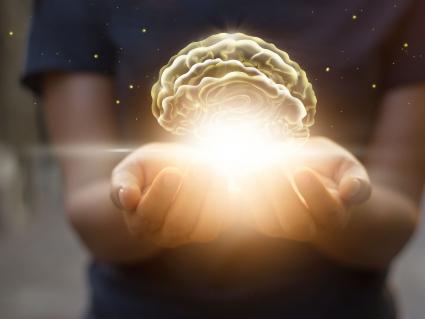Point of the Month: Heart 5
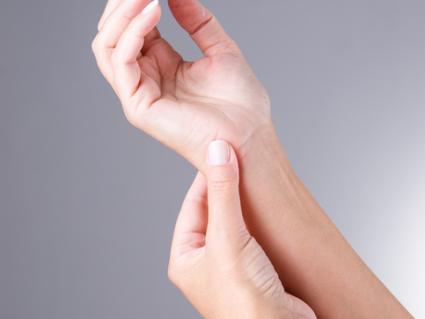
To prescribe what is healthy for the heart, an acupuncturist takes many things into consideration, and will not only use heart points, but also use those on other channels associated with other organs.
In December I wrote about a point on the heart channel used to calm the mind. (http://stramcenter.com/blog/blog-detail/an-acu-point-to-calm-the-mind-heart-7/) Here I will share a bit about another heart point and continue to discuss the heart as it is understood within Chinese medicine and what factors affects the health of its functioning. All of the organs must be understood in relation to other organs, not just by themselves. So to prescribe what is healthy for the heart, an acupuncturist takes many things into consideration, and will not only use heart points, but also use those on other channels associated with other organs.
If you experience pain in the heart or fullness in the chest, palpitations, or other disorders of heart rhythm, all the points on the heart channel can address this and each has its own additional indications. An acupuncturist always looks for underlying root causes, what has led to these sensations in the chest—what is it that is weakening the heart, or what is in excess that is over-exciting the heart?
As I mentioned in the article in December, Chinese medicine makes no distinction between the heart and the mind, the heart is said to house the mind. And the mind, spirit and consciousness are all parts of the same aspect of ourselves, called the ‘shen.’ In order to ensure a healthy heart, one must take care of the emotions. One of the oldest written texts of Chinese medicine says that excessive thinking and worry will weaken the heart Qi or energy. Do you ever notice if you are anxious or sad, you may feel a tightness in the chest? Or if you’re angry your blood pressure increases? Or if you are so excited and elated with joy, your heart beats faster? Here is the mind-body connection.
Even if you notice your memory is poor, your thinking is dull or your mind feels scattered, or you are not sleeping well, these may be reflections on the state of the heart. A more direct physical correlation is hands and feet that are often cold may be because the energy of the heart is not strong enough to supply enough blood through the vessels to the extremities. (If you’re having a hard time grasping the concept of “energy” as a motive force, think about the wind—you can’t see it, but it’s there.) These manifestations don’t necessarily mean you have pending heart disease, but all these symptoms point to disharmony in the functions of the heart and left long standing can weaken the whole system.
The acupoint Heart 5, named “tong li,” translates to penetrating the interior. It is located on the underside of the arm, about a finger width from the wrist crease, just inside the tendon that runs along the pinky finger side. This point calms the shen and also regulates heart rhythm. It is considered one of the most vital acupuncture points and has many indications for its use including palpitations (especially due to fright), pain, agitation or burning sensation of the heart, fullness and distention of the chest, sadness, irritability, even sudden loss of the voice, stiffness of the tongue, involuntary urination (this points to the intricate connections to multiple organs) and more.
We live in times of a lot of stimulation, and this affects our organs sometimes without us knowing. Give your heart some love with acupuncture and/or Chinese herbs to help maintain your naturally healthy state.
Sources:
The Yellow Emperor’s Classic of Medicine translation by Maoshing Ni, Ph.D
The Foundations of Chinese Medicine by Giovanni Maciocia
A Manual of Acupuncture by Peter Deadman

